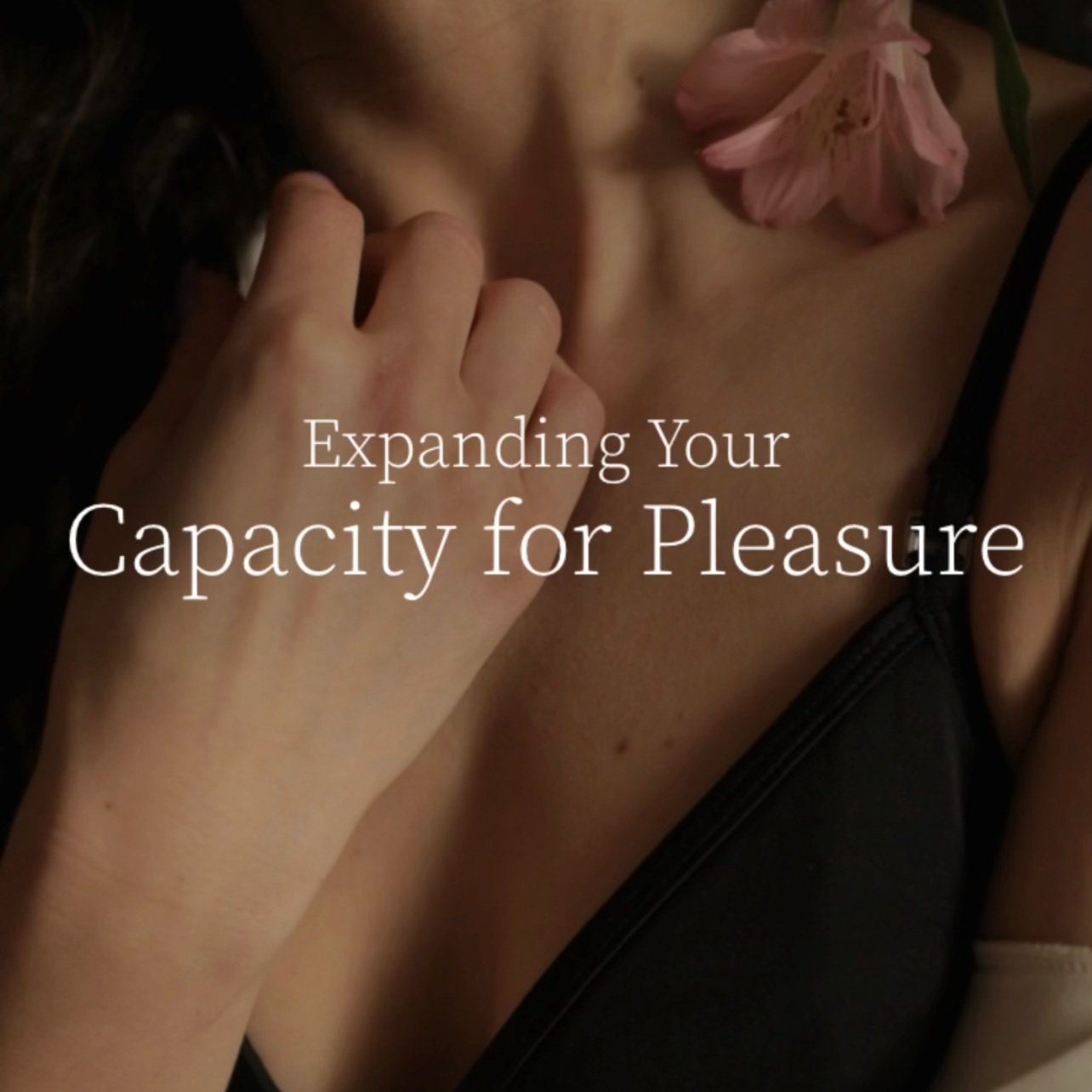How to Avoid the Relationship Triangle of Blame
/In relationships we certainly want everything to go well. Smiles and hugs all around, right?. But it doesn't work that way. Instead, when you are in the dance of relationship with your partner, even when both of you love each other so very much, someone's toes are inevitably going to be stepped on and hurt will unintentionally happen. That’s just the nature of the dance since we are humans and we are going to stumble, fall and step on toes sometimes, even those we love a ton.
Since we know a toe in the relationship dance is going to get stepped on, it’s important to take a deeper look at what you do when you or your partner accidentally gets hurt. You may be like many women I work with and you get trapped in the Triangle of Blame. This is where you, as a reaction to the hurt, either jump to blaming your partner, blaming yourself, or blaming the relationship for what happened.
Sometimes we have a dominant blame pattern, or we bounce around all three. Regardless, it's a place we want to avoid because the Triangle of Blame is like the Bermuda Triangle where ships get lost in there but in this case, it’s your relationship. Have you ever argued with your partner and you kept going around and around in circles and you didn't know how to get out of it? This is a big sign that you are stuck in the Triangle of Blame because you aren’t working as a team but instead finding “the culprit”. When you go to blame no one wins and the hurt that happened doesn’t heal because you are perpetuating the hurt.
Let’s take a closer look at the Triangle of Blame so you can see where you get stuck in this triangle so you can then avoid it.
Partner Blame
When either you unintentionally step on your partner’s toes or he steps on yours if this is your blame pattern you focus all of the blame on him. Your thoughts maybe something like “It’s all his fault!” or “He should have known better!”. This means you are putting 100% of the ownership on your partner and in a way that is an attack on your partner without any sense of empathy. This partner blame can then lead you to either fume on the inside or you could get defensive on the outside. Either way, this traps you in a negative place because you slide right into the Triangle of Blame.
Self Blame
This occurs when we point the finger of blame at ourselves. If this is you then your thoughts may look like “I can’t believe I did that bad thing”, which is what it looks like when you feel guilty about stepping on your partner’s toes or even if he stepped on your toes you may still point the blame on yourself, “I shouldn’t have been in his way”. This self-blame is a very slippery slope to self-shame in which the inner dialogue goes from the action being bad to saying you, yourself is bad: “I am a bad person for stepping on my partner’s toes”. When you go to this self-blame, whether it goes to guilt or shame, it keeps you locked into the Triangle of Blame.
Relationship Blame
The third blame focus that can happen as a result of an ouch occurs when you point the finger of blame at the relationship as a whole. Your thoughts would look something like “I must be in the wrong relationship” or “we shouldn’t be together”. Ultimately the conclusion in your mind is that the relationship as a whole is wrong and to blame for the hurt because “we aren’t compatible” or “meant to be” or “this wouldn’t have happened if we were truly in love” This again traps you in the Bermuda Triangle of Blame.
Avoiding the Triangle of Blame
First, recognize what your blame strategy is in your relationship when a hurt happens. What’s your first thought pattern the moment a toe is stepped on in the relationship? Do you blame yourself, your partner, the relationship? Is it maybe a mix? Is it different depending on whose toe was stepped on? If you unintentionally hurt your partner is the focus of blame the same or different for when your partner unintentionally hurts you?
Next, practice noticing when you are sliding into the Triangle of Blame ( I call these the “onramp”) so that you can stay one step ahead and avoid getting lost in the triangle. When you stay one step ahead you can instead access a better approach that doesn’t have your relationship, and the connection right along with it, disappearing into the Triangle of Blame. This better approach is one that requires vulnerability. This means that you are working as a team and instead of going to blame, which is a defensive strategy and is void of vulnerability, you acknowledge the hurt, take any ownership of your part in the hurt, and empathize with the hurt that occurred. Ownership moves you to take helpful, healing action, unlike blame which keeps you stuck.
This may look like “oh gosh I totally stepped left and you stepped right and as a result your toe got stepped on.'' Then you make an empathetic apology, “Honey, I’m so sorry about that I know that was really hurtful for you” or ask for an apology from your partner if they haven’t yet offered one “Honey what I really need right now is a hug and to hear you say you’re sorry about the hurt that happened.” This allows you both to feel heard and acknowledged, which allows the hurt to heal a ton more quickly and you both can then bounce back and get back on the dance floor, having fun again dancing the relationship dance.
Need some help avoiding the triangle of blame? Make sure to check out the ways that you can work with me and get support in your relationship.

































